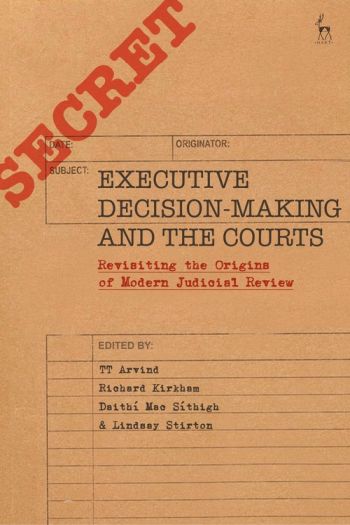
In this book, leading experts from across the common law world assess the impact of four seminal House of Lords judgments decided in the 1960s: Ridge v Baldwin, Padfeld v Minister of Agriculture, Conway v Rimmer, and Anisminic v Foreign Compensation Commission. The 'Quartet' is generally acknowledged to have marked a turning point in the development of court-centred administrative law, and can be understood as a 'formative moment' in the emergence of modern judicial review.
These cases are examined not only in terms of the points each case decided, and their contribution to administrative law doctrine, but also in terms of the underlying conception of the tasks of administrative law implicit in the Quartet. By doing so, the book sheds new light on both the complex processes through which the modern system of judicial review emerged and the constitutional choices that are implicit in its jurisprudence. It further reflects upon the implications of these historical processes for how the achievements, failings and limitations of the common law in reviewing actions of the executive can be evaluated.